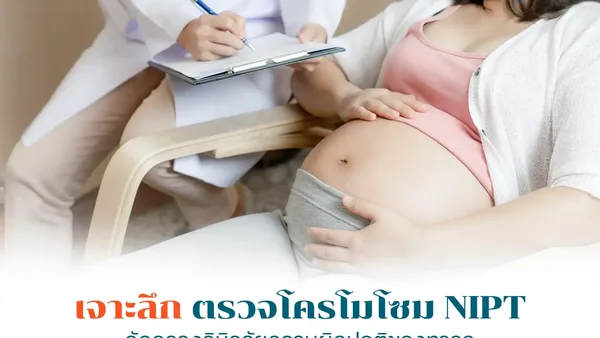Biography of Dr. Phunsak Suchonwanit
Dr. Phunsak “Ton” Suchonwanit is our fertility specialist at Beyond IVF, with more than 20 years of experience supporting couples in their journey to becoming parents, with the following credentials to guarantee his expertise:
- Doctor of Medicine (MD) from the Faculty of Medical Sciences, Ramathibodi Hospital, Mahidol University, Bangkok, 1993
- Diploma of the Thai Board of Obstetrics and Gynecology, Faculty of Medical Sciences, Ramathibodi Hospital
- Reproductive Technology
- Specialist, The Royal Thai College of Obstetricians and Gynaecologists
- Work training in assisted reproductive technologies (ART) at Boston IVF in Maryland, USA
Work History / Academic Achievements of Dr. Ton, Dr. Poonsak Suchanawanit
1999 – 2000 – Thapatharin Hospital, Bangkok
1996 – 1999 – Department of Obstetrics and Gynecology, Faculty of Medicine, Ramathibodi Hospital
2001 – 2005 – Infertility Center (Blastocyst Center), Rama 9 Hospital, Bangkok
2001 – 2006 – Family Health Medical Clinic, 23rd Floor, Wongwanich Building, Huai Khwang, Bangkok
2001 – Present – Member of the Thai Society of Reproductive Medicine
2001 – Participant at the founding meeting of ASPIRE (the Asia-Pacific Initiative on Reproduction) in Taipei, Taiwan
2001 – 2013 – Participant at ASPIRE meetings in Taipei, Taiwan, Beijing, China, Singapore, and Bangkok
2003 – Observational training in ART at Boston IVF, Maryland, USA
2006 – 2010 – Infertility Center (Perfect Woman), Piyavej Hospital, Bangkok
2010 – Academic Committee Member for the ASPIRE Congress held in Pattaya, Thailand
2010 – Present – Deputy Head of Family Health Medical Clinic, Perfect Woman Institute, RCA Entrance, Bangkok
2011 – 2018 – Women's Health Center, Samitivej Sukhumvit Hospital, Bangkok
Currently – Beyond IVF





